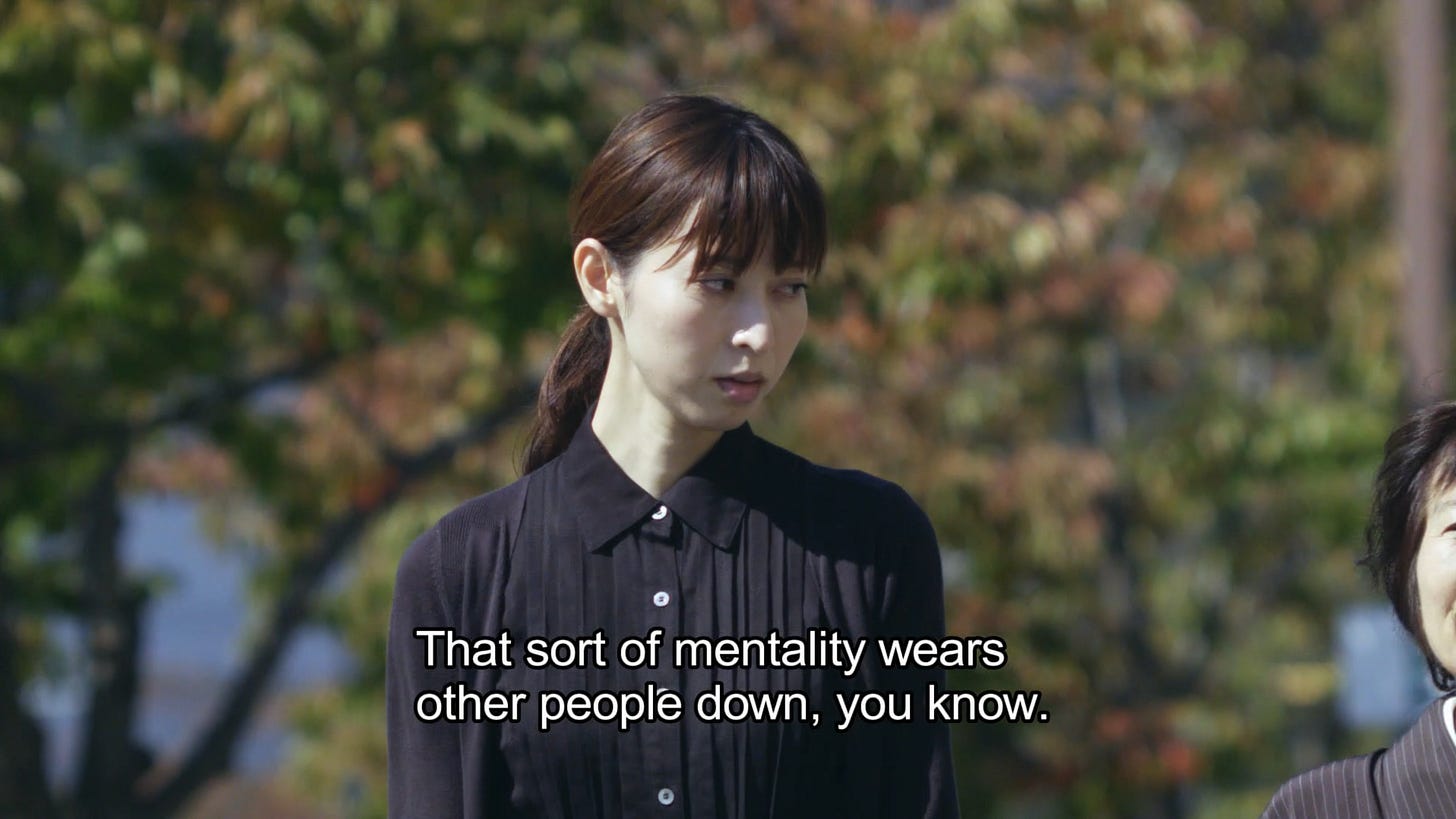Do I just need to relax??
Pushing yourself vs. letting things come to you—the eternal dilemma
Welcome to the 90th issue of Subtle Maneuvers. Previously: Pat Metheny’s compulsive productivity—and my pitch for paid subscriptions. More on that below.
The other week, Letters of Note published a proposal that the producer Steve Albini sent to Nirvana in November 1992, laying out his vision for recording the band’s follow-up to its gazillion-selling culture bomb Nevermind. The entire letter is fascinating, but the following passage in particular jumped out at me. Albini writes:
I have worked on hundreds of records (some great, some good, some horrible, a lot in the courtyard), and I have seen a direct correlation between the quality of the end result and the mood of the band throughout the process. If the record takes a long time, and everyone gets bummed and scrutinizes every step, then the recordings bear little resemblance to the live band, and the end result is seldom flattering. Making punk records is definitely a case where more “work” does not imply a better end result.
As someone who is in the middle of a project that is taking a very long time, and where I’ve been more than a little bummed for long stretches, I definitely see his point! On the other hand, writing a nonfiction book is different from making a punk record… right?
Around the same time I read this letter, my wife and I watched the 2015 film Happy Hour (from Ryusuke Hamaguchi, the director of the Oscar-nominated Drive My Car) and, midway through, came to this exchange between one of the main characters, Sakurako, and her mother-in-law:
Mother-in-law: Sakurako, you’re too serious.
Sakurako: Huh?
Mother-in-law: There are things you can’t help. But you blame yourself for everything. That’s somewhat… arrogant in a way.
Sakurako: Arrogant?
Mother-in-law: That sort of mentality wears other people down, you know. Just take it easy. Be easygoing. That’s the best.
Sakurako: I thought I was easygoing.
Just take it easy. Be easygoing. That’s the best. I’ve had this exact conversation with myself many times. And, just as I was mulling it over again, the following Bill Murray1 quote appeared in my Instagram feed:
Keep reading with a 7-day free trial
Subscribe to Subtle Maneuvers to keep reading this post and get 7 days of free access to the full post archives.







